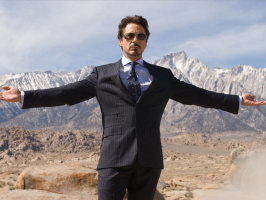Top 10 Greatest Men
The globe has witnessed many great brains and masters. This article lists the top ten greatest guys in the world, and they are without a doubt the finest men ... read more...ever. Discover who the best person in the world is by scrolling down the list of the top ten greatest men in the world. There have been many great men in the world who have made significant contributions to the well-being of others. Toplist selected the best men based on Michael H. Hart's book The 100: A Ranking of the Most Influential Persons in History. Let's discover who the best person on the planet is and the greatest men on the planet. Here is the list of the top 10 greatest men in the world.
-
Topping the list of greatest men is Muhammad ibn Abdullah. In the Arab world, Muhammad ibn Abdullah was a religious, political, and social figure. He was the Muslim faith's founder. According to Islam, he was a prophet who was inspired to teach and reinforce the monotheistic concepts of Adam, Abraham, Jesus, Moses, and other prophets. All of Islam's major sects recognize Muhammad as God's final prophet. Several modern denominations, however, disagree with this stance.
All of Islam's major sects recognize Muhammad as God's final prophet. He is frequently referred to as the finest person who has ever lived. Muhammad is said to have been born in Mecca in the year 570 and died in Medina in the year 632 after being forced to flee with his followers in the year 622. Muhammad was born in the year 570 AD at Mecca (now in Saudi Arabia). Since his father died before he was born, he was raised by his grandfather and uncle. He was born into a poor yet well-respected Quraysh family. The family was interested in Meccan politics and trade.
- Born: c. 53 BH (570 CE)[1]Mecca, Hejaz, Arabia
- Died: 8 June 632 (aged 61–62)Medina, Hejaz, Arabia
- Resting place: Green Dome at al-Masjid an-Nabawi, Medina, Arabia
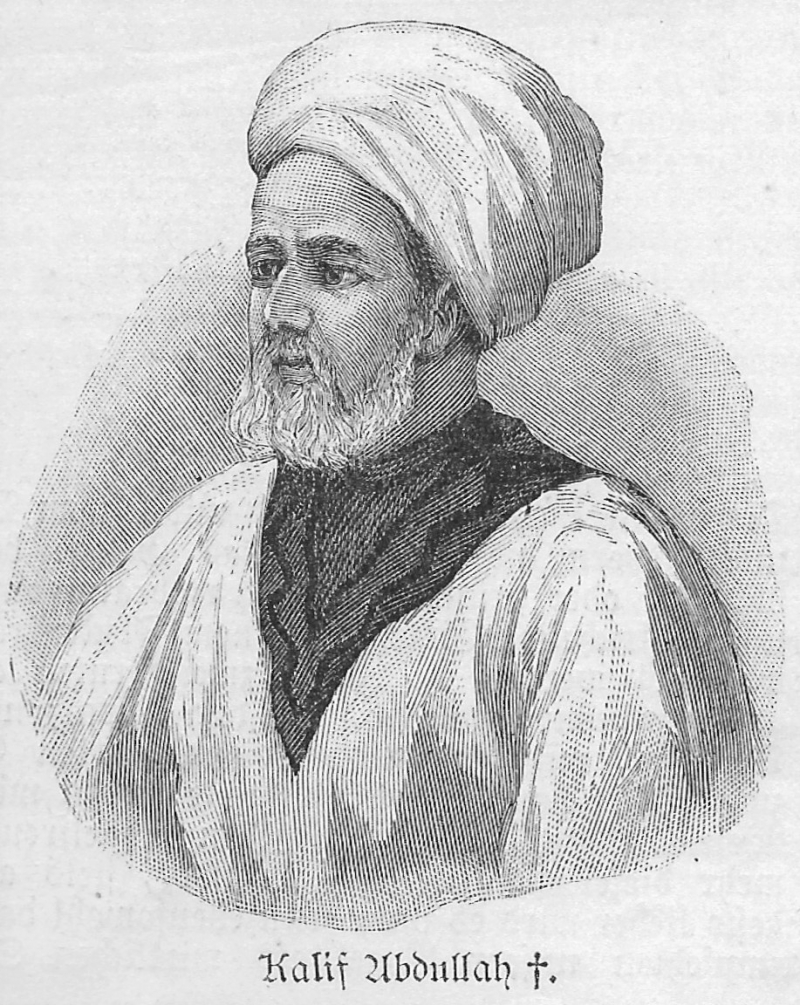
wikidata.org 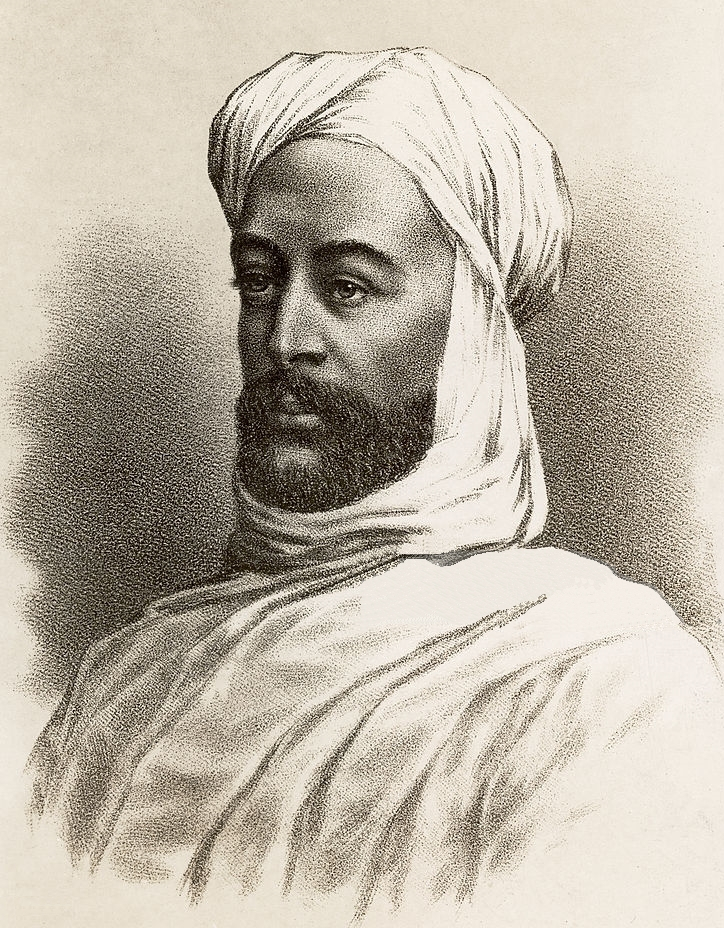
en.wikipedia.org -
Isaac Newton is 2nd on the list of greatest men. He was one of the most influential and greatest scientists in history. He was an English philosopher, physicist, mathematician, theologian, astronomer, and alchemist. He is also a deep believer in God and he studies science to understand God - the Creator of the universe. Isaac Newton was born on December 25, 1642 according to the Julian calendar in Woolsthorpe, Lincolnshire, England. He was born prematurely and his mother, Hannah Ayscough said he could fit in a cup. His father, also known as Isaac Newton, had died three months earlier.
When Isaac was three years old, his mother remarried and went to live with her new husband, Barnabas Smith, in the care of his grandmother Margery A. Young Isaac rejected his stepfather and maintained a grudge against his mother for marrying him, as this phrase reveals in a list of sins up to the age of 19: “Threatening my parents by burning them on fire. their home”. From the age of twelve to seventeen, Isaac Newton was educated at the King's School in Grantham, which taught Latin and Greek, where he could study mathematics.
Although Isaac Newton's methods were very logical, he still believed in the existence of God. He believed that the perfectly ordered beauty of nature must be the product of a superhuman Creator. He believes that God exists everywhere and at all times. According to him, God will occasionally intervene in the world's affairs to maintain order. The principles laid down by Isaac Newton thus remain valid to this day. After his death, his methods brought about scientific achievements far greater than what he could have imagined in his lifetime. These achievements are the foundation for the technology they enjoy today.- Born: 4 January 1643
- Died: 31 March 1727 (aged 84)
- Resting place: Westminster Abbey
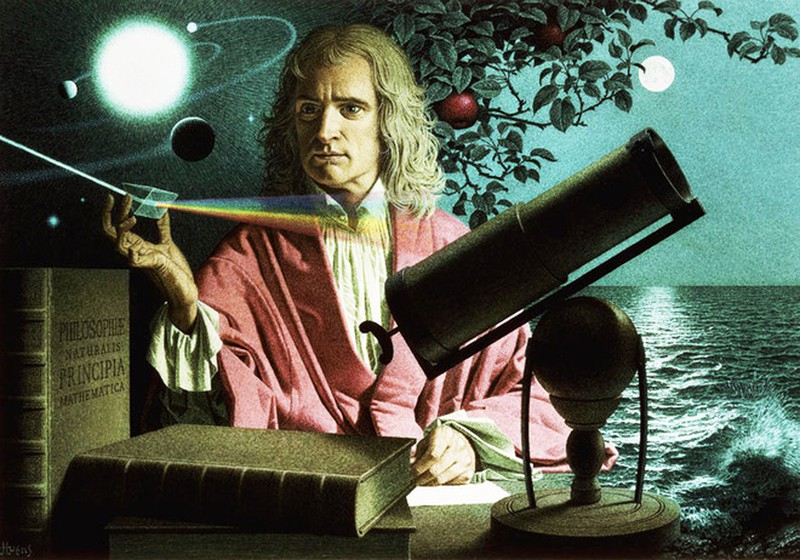
baophapluat.vn 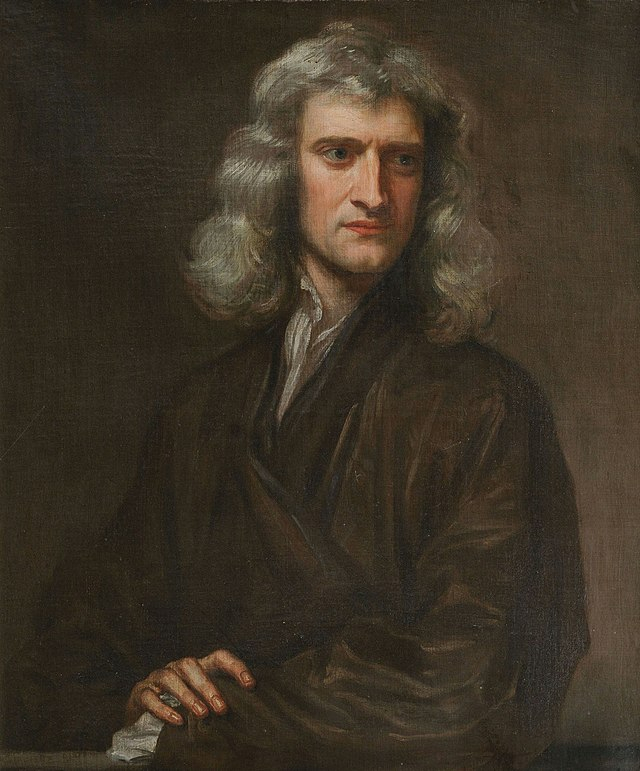
baophapluat.vn -
Jesus is 3rd in the list of greatest men. Jesus was both a religious leader and a god to Christians. He was revered as the Son of God. He was God's incarnation and the central figure in Christianity. He is revered by many Christians, and Christianity is the world's most popular religion. The book "The Jesus Chronicles," a biography of Jesus, has become the most frequently translated work on the globe throughout history.
The stories about Jesus are among the most well-known (e.g., Nativity). 33 percent of the world's population follows the Christian faith. This means that Jesus is the most important person in 33 percent of the world's population's lives. Islamic countries account for roughly 21% of the global population. In Islam, Jesus is the second most important prophet. This means that Jesus figures prominently in 54 percent of the world's religions. Jesus is well-known among atheists and agnostics alike. Western Civilization is referred to as "Christian civilization." Jesus' portrayals are among the most well-known.
- Born: c. 4 BC, Herodian Kingdom of Judea, Roman Empire
- Died: AD 30 or 33(ag ed 33–36)Jerusalem, Judea, Roman Empire
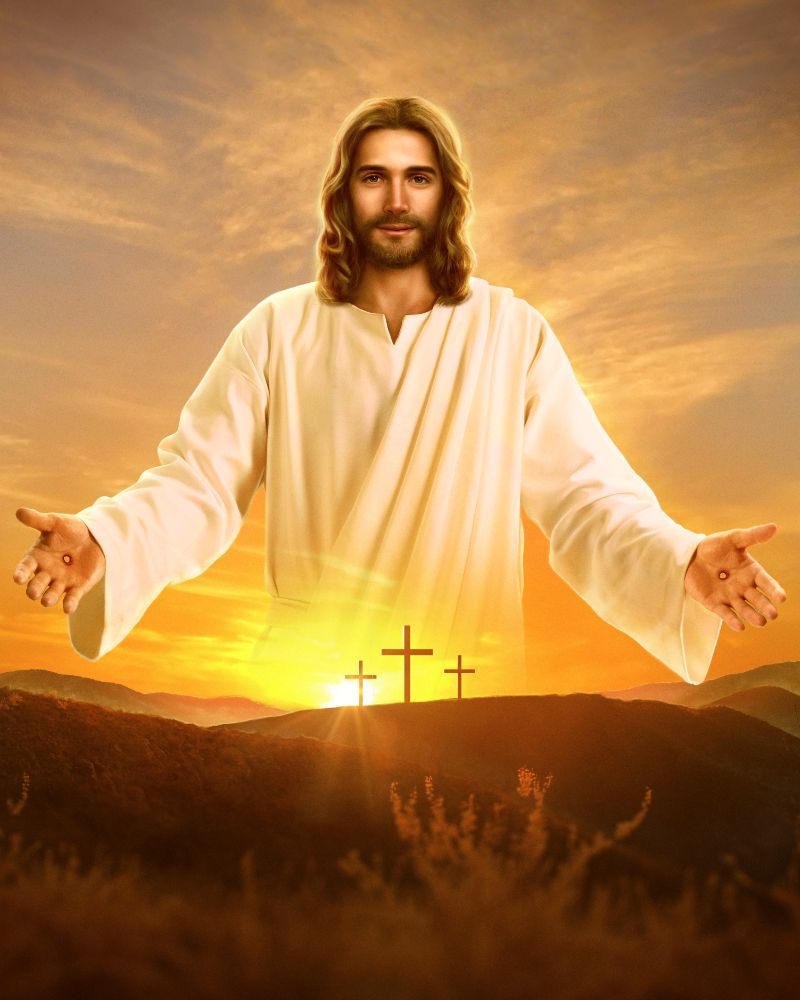
pinterest.com 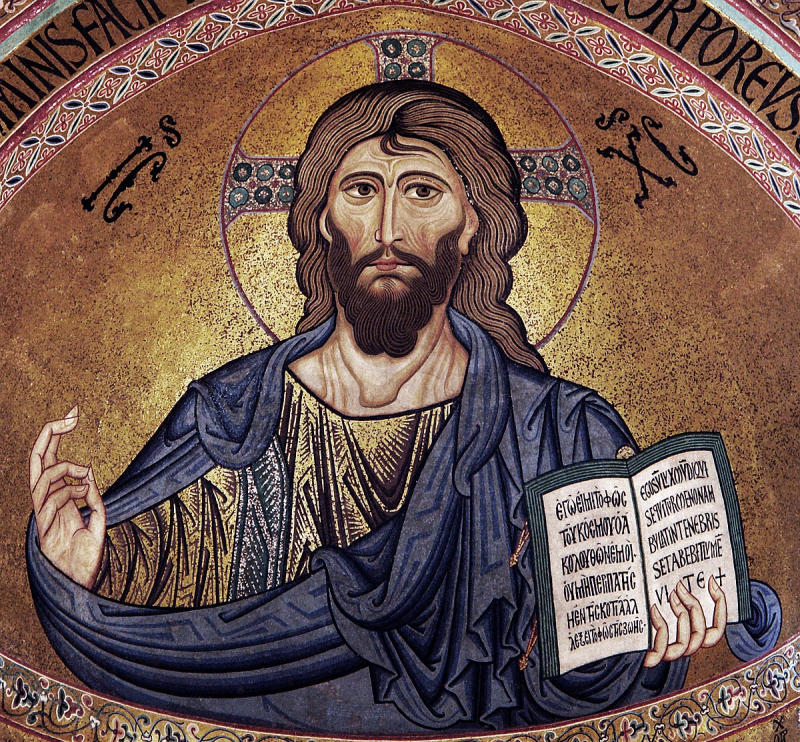
pinterest.com -
Buddha is known as the Light of Asia, and his name is Gautama Buddha. Buddha's real name was Siddartha Gautama, and he was a spiritual teacher and philosopher in ancient India. He was born in Nepal and is considered the founder of Buddhism. The term buddha was employed by a range of religious organizations in ancient India and had a variety of meanings. Nonetheless, it became most strongly associated with Buddhism. It grew to mean an enlightened being who has risen from the slumber of ignorance and found relief from pain.
His disciples, known as Buddhists, spread the faith that is now known as Buddhism. Many Buddhist traditions believe that Buddhas have existed in the past and will exist in the future. Some Buddhist schools believe that each historical period contains only one Buddha, while others think that because all creatures have a buddha nature, they will eventually become buddhas (tathagatagarbha).
- Born: c. 563 BCE or 480 BCE
- Died: c. 483 BCE or 400 BCE
- Resting place: Cremated; ashes divided among followers

learnreligions.com 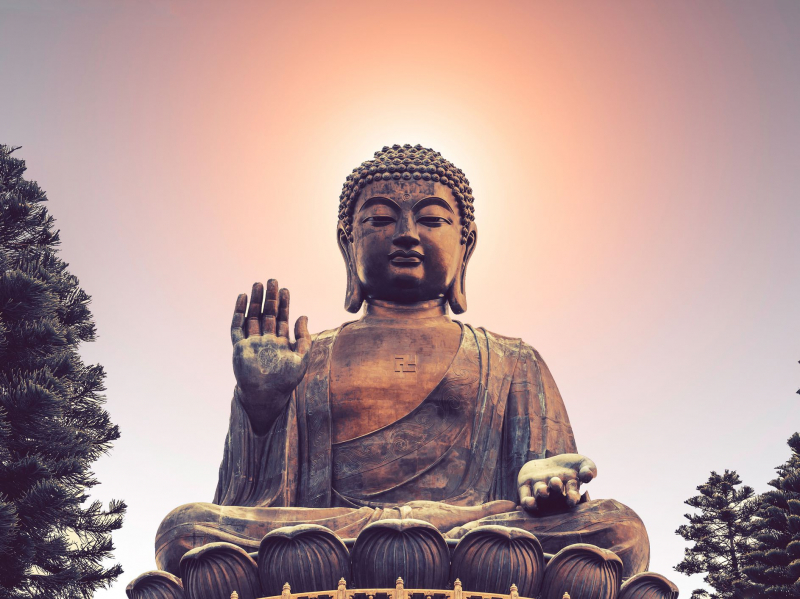
learnreligions.com -
Confucius was a thinker and social philosopher. He established Confucianism. In China, Korea, Japan, Vietnam, and Indonesia, his teachings and concepts altered the way people thought and lived. Confucius (about 551-479 BCE) has been depicted in Chinese history as a teacher, counselor, editor, philosopher, reformer, and prophet. Confucius, a Latinized form of Kong's surname with the honorific suffix "Master" (fuzi), has also become a global metonym for a number of aspects of traditional East Asian civilization. Because of his connection to many of East Asia's key beliefs and cultural practices, as well as his portrayal as a predecessor of "Eastern" thinking in Early Modern Europe, Confucius is possibly the most important thinker in East Asian history.
Confucius was born near the end of the Spring and Autumn Period in Chinese history (770-481 BCE). Lu, an eastern Chinese provincial state in what is now Shandong province's centre and southern sections, was his home. Lu, like other regional kingdoms at the time, was bound to the Zhou dynasty's imperial court by history, culture, familial ties (going back to the dynasty's inception, when Zhou kings' relatives were enfeoffed as heads of regional states), and moral obligations.
- Born :c. 551 BCEZou, State of Lu
- Died: c. 479 BCE
- Resting place: Cemetery of Confucius, State of Lu
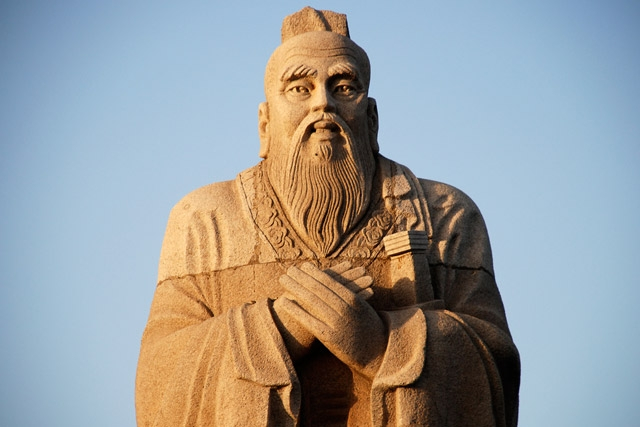
asiasociety.org 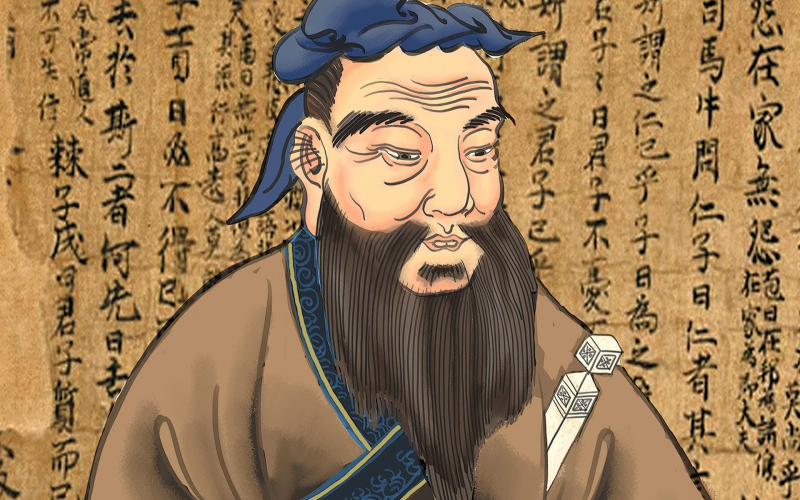
asiasociety.org -
Paul of Tarsus was a Christian apostle and early Christian missionary who is credited with spreading Christianity outside Palestine, particularly among the Romans. He wrote several letters in the New Testament of the Bible. Paul is mentioned in thirteen of the New Testament's 27 books, and nearly half of another, Acts of the Apostles, is devoted to his life and exploits. As a result, about half of the New Testament is credited to Paul and those he inspired. Only seven of the thirteen letters, however, are totally authentic (dictated by Paul himself).
Paul was a Pharisee, according to the New Testament book Acts of the Apostles. Prior to his conversion, he engaged in the persecution of early disciples of Jesus, probably Hellenized diaspora Jews converted to Christianity, in the Jerusalem area. Paul was traveling on the way to Damascus after having ordered Stephen's execution, hoping to discover any Christians there and bring them "bound to Jerusalem" (ESV). At noon, a light brighter than the sun appeared around him and those with him, causing everyone to fall to the ground, and the risen Christ spoke to Paul about his tribulation. After being blinded and forbidden from entering the city, Ananias of Damascus restored his sight three days later. Following these experiences, Paul was baptized and began proclaiming that Jesus of Nazareth was the Jewish messiah and the Son of God right away. Approximately half of the content in Acts is dedicated to Paul's life and activity.
- Born: c. 5 AD, Tarsus, Cilicia, Roman Empire (modern-day Turkey)
- Died: c. 64/65 AD, Rome, Italia, Roman Empire
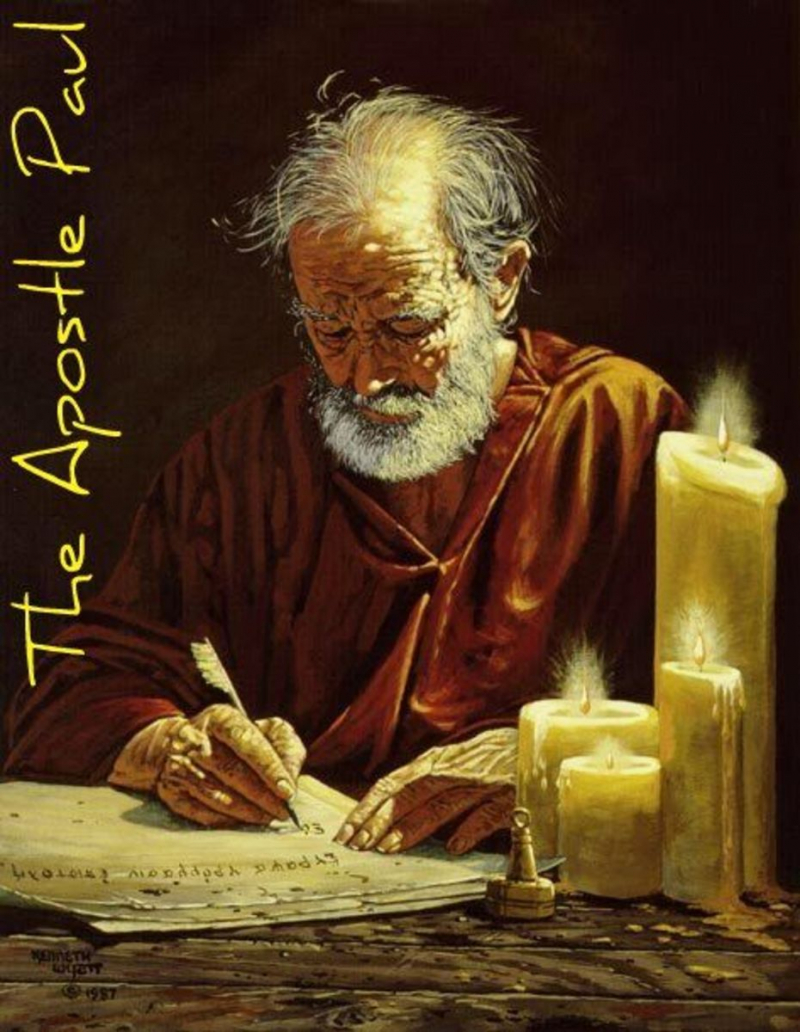
owlcation.com 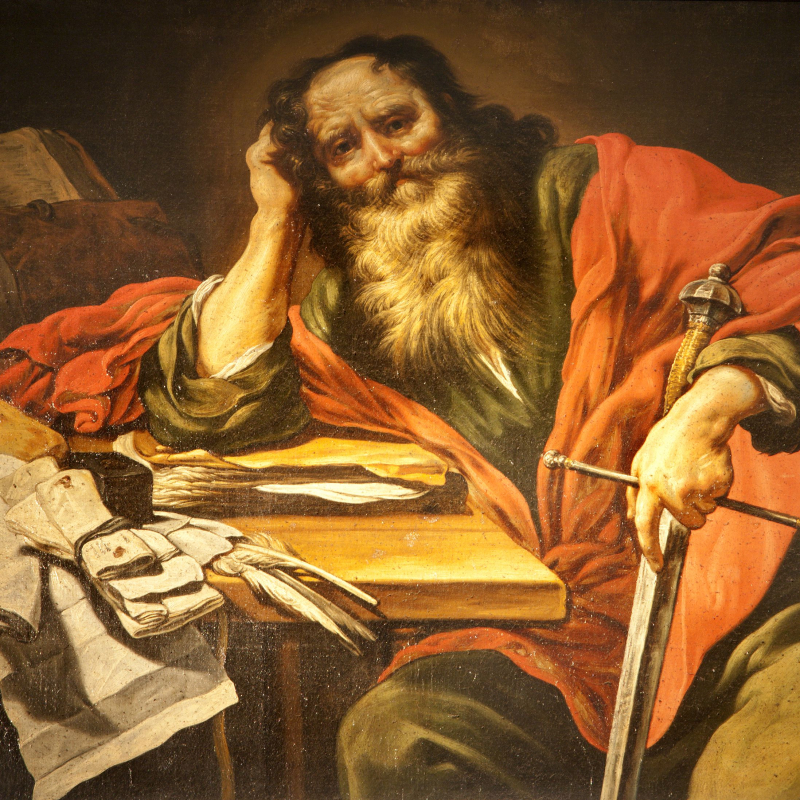
learnreligions.com -
Paper is said to have been invented by Cai Lun. He was a Chinese government officer credited with creating the papermaking process. His creation is one of the best because the world cannot function without papers. Cai Lun was a eunuch who joined the imperial palace staff in 75 CE and ascended through the ranks to become chief eunuch in 89 under Emperor Hedi of the Dong (Eastern) Han dynasty.
Around the year 105, Cai came up with the idea of creating sheets of paper out of macerated tree bark, hemp waste, old rags, and fishnets. The resulting paper had higher writing quality to pure silk cloth (which was the primary writing surface at the time), was significantly less expensive to produce, and had more readily available sources. Cai reported his findings to the Emperor, who complimented him. Cai was appointed a marquess in the year 114.
- Born: c. 50–62 CEGuiyang Commandery, Han Empire(modern-day Leiyang, Hunan province, China)
- Died: 121 CE (aged 59–71)Luoyang , Han Empire(modern-day Luoyang, Henan province, China)
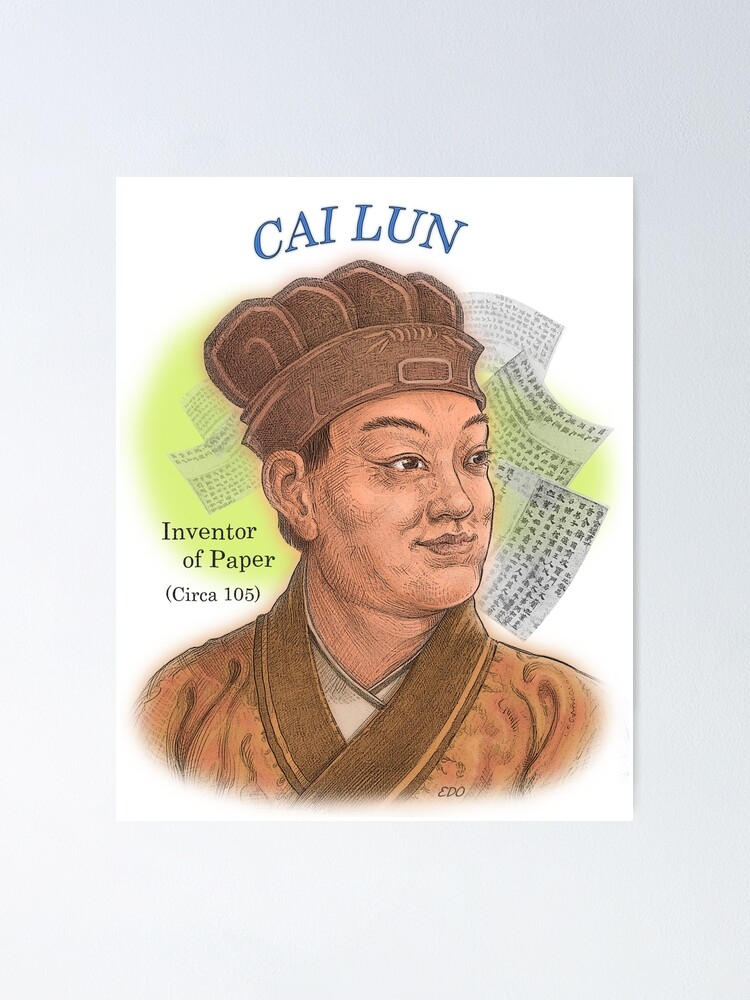
redbubble.com 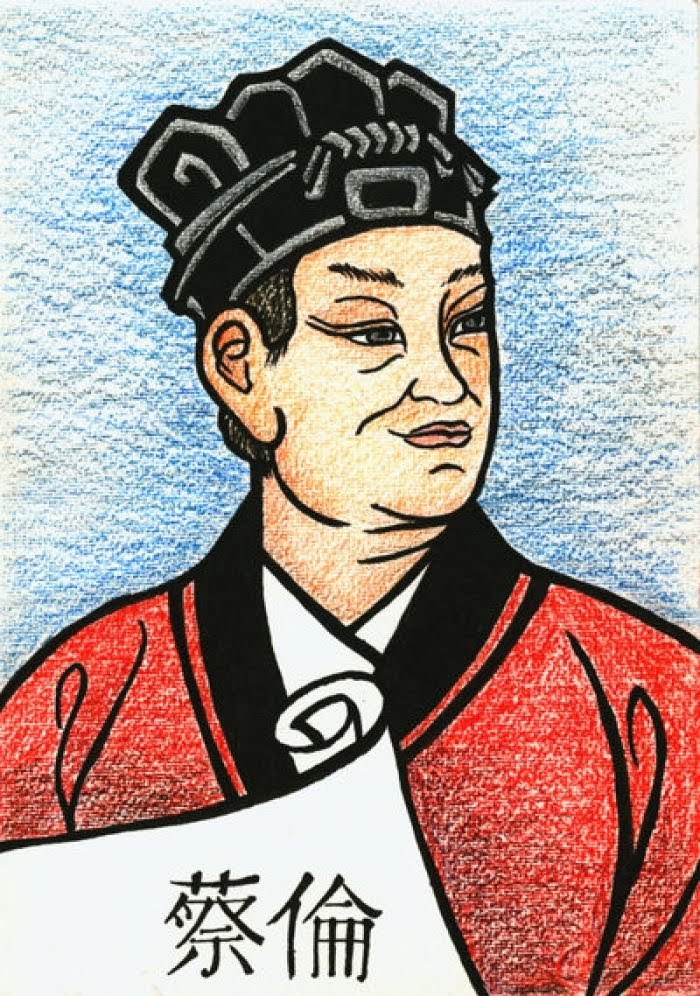
redbubble.com -
Johannes Gutenberg was a German printer. In Europe, he was the first to invent the mechanical printing press. Gutenberg's work was a millennium milestone, ushering in the modern age of human history and launching the European Printing Revolution. Because it made books widely available and ushered in a "information revolution," Gutenberg's printing press was a watershed moment in history.
He developed a metal alloy that could melt and cool quickly to make a robust, reusable type, as well as an oil-based ink thick enough to cling to metal type and transfer effectively to vellum or paper, and a new press. This is assumed to have been one among the components of his invention, and was likely derived from those used in the manufacturing of wine, oil, or paper. At the time, neither the European technology for stamping letters on various surfaces nor woodblock printing had any of these features.
- Born: c. 1400Mainz, Electorate of Mainz, Holy Roman Empire
- Died: 3 February 1468 (aged about 68)Mainz, Electorate of Mainz, Holy Roman Empire
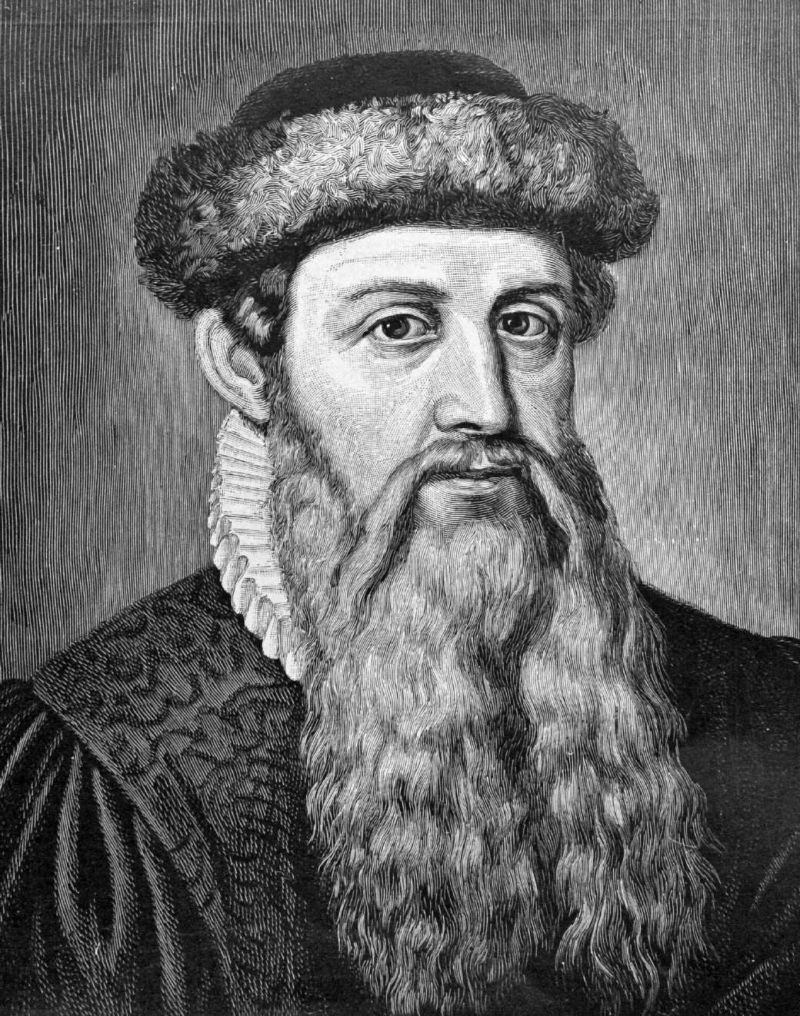
sciencephoto.com 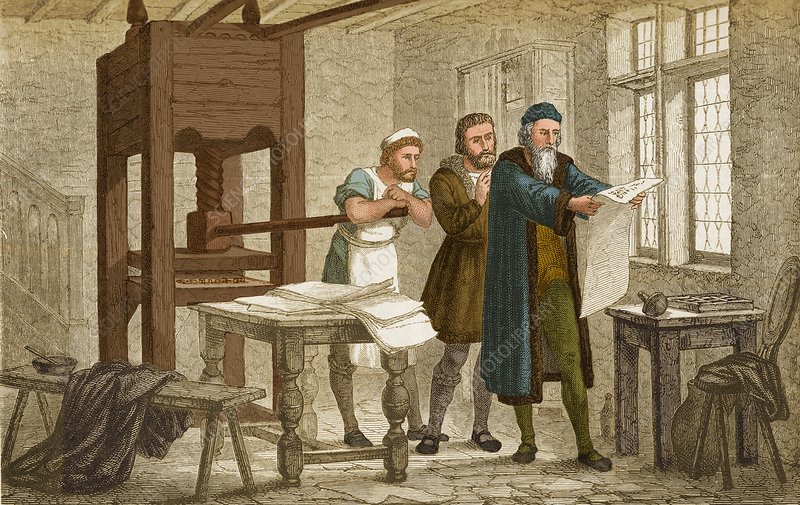
sciencephoto.com -
Christopher Columbus was a master navigator and sailor. He was a colonizer and navigator from Italy. His explorations improved European understanding of the Americas' continents. Many books about Columbus appeared in the 1990s, and archaeologists and anthropologists began to enrich the perspectives of sailors and historians. This project provoked a lot of debate. A substantial shift in perspective and interpretation occurred, with the prior pro-European worldview giving way to one developed by the people of America.
Columbus' "discovery" of America, according to popular belief, was a massive victory. By completing the four voyages, he became a hero, bringing enormous wealth to Spain and other European countries and facilitating European colonization of the Americas. A more recent perspective, on the other hand, has emphasized the destructive aspects of European conquest, highlighting, for example, the dreadful impact of the slave trade and the ravages of imported disease on indigenous peoples in the Caribbean and on the American continents. As a result, the sense of victory has faded, and the image of Columbus as a hero has been replaced with that of a flawed man in the minds of many. While this second perspective seldom casts doubt on Columbus's honesty or navigational talents, it does decisively deprive him of his position of honor. Political activists of all stripes have gotten involved in the issue, making it even more difficult to reconcile these opposing viewpoints.
- Born: Between 25 August and 31 October 1451Genoa, Republic of Genoa
- Died: 20 May 1506 (aged 54)Valladolid, Castile
- Resting place: Seville Cathedral, Seville, Spain
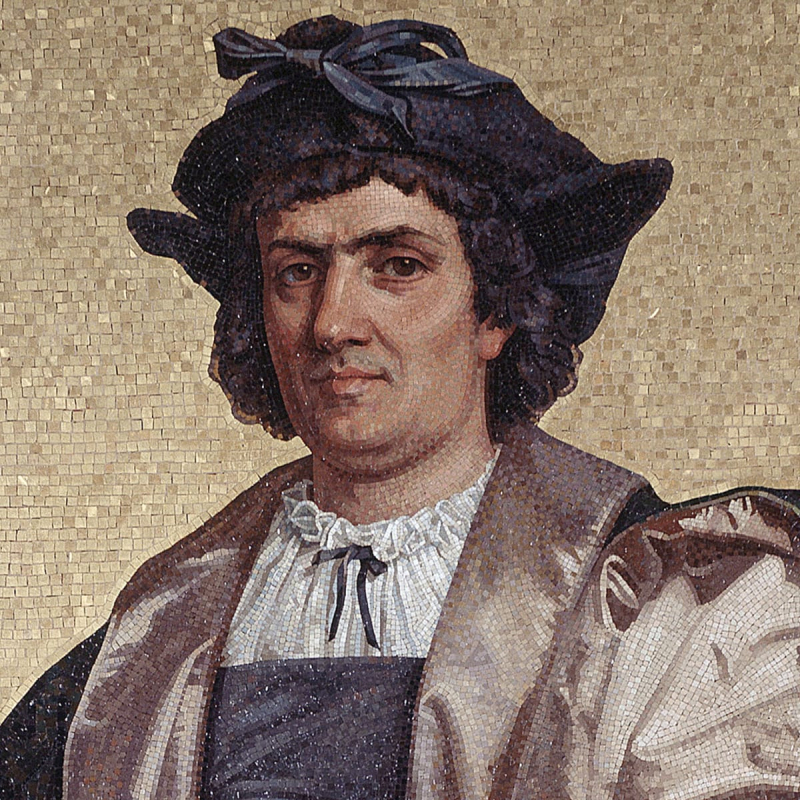
indec.vn 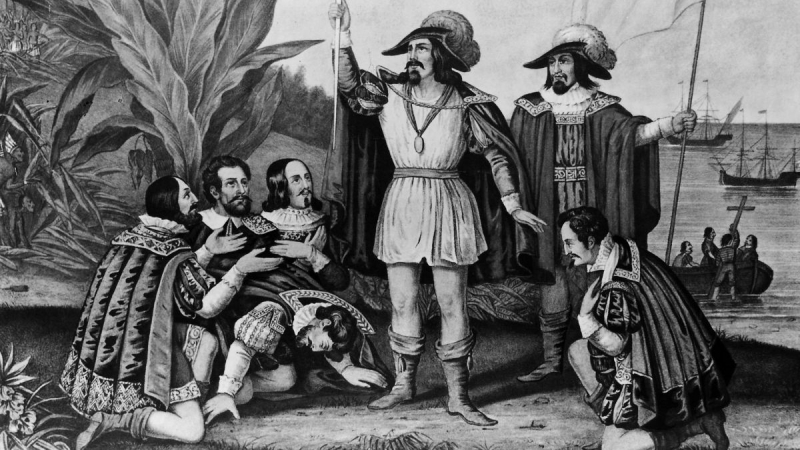
edition.cnn.com -
Albert Einstein is a globally recognized scientist. Born in Germany, he was a theoretical physicist. His theory of relativity, particularly the mass-energy equivalence equation E = mc2, changed the globe. He was one of the most talented scientists in the world. Even those who don't understand the physics behind E = mc2 - the scientist's equation that helped explain special relativity - are aware of it. Einstein is well known for the photoelectric effect and his general theory of relativity (which explains gravity) (which explains how electrons behave under particular conditions). In 1921, he was awarded the Nobel Prize in Physics.
Einstein also tried in vain to integrate all of the forces of the cosmos in a single theory, or theory of everything, which he was still working on when he died. Einstein was born on March 14, 1879, in Ulm, Germany, which presently has a population of just over 120,000 people. Where his house used to be, there is a small memorial plaque (it was destroyed during World War II).
- Born: 14 March 1879Ulm, Kingdom of Württemberg, German Empire
- Died: 18 April 1955 (aged 76)Princeton, New Jersey, U.S.
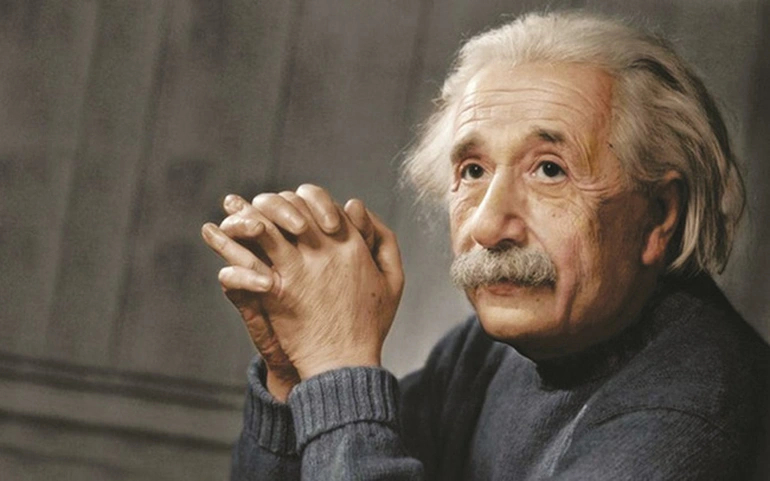
dantri.com.vn 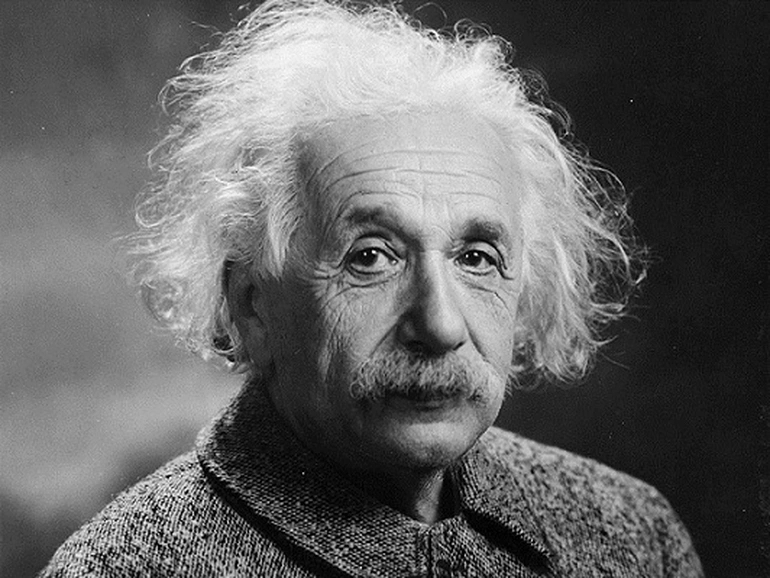
dantri.com.vn



























